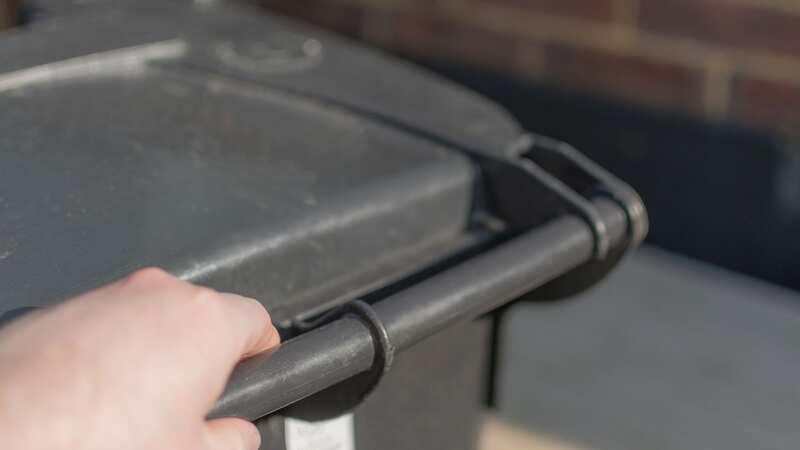

With so many bins to keep track of, we all sometimes have to rely on that one neighbour who knows exactly which bin goes out on which day.
These helpful people have been recently been nicknamed 'binfluencers' - and they could actually be keeping you out of a lot of trouble.
As we deal our festive waste and try to figure out the collection schedule, humble bin-owning members of the public are being reminded that a common mistake could lead to a big fine.
Section 46A of the Environmental Protection Act 1990 states that households can be fined for causing an "obstruction" with their bins, and councils can issue penalties if people leave them out on the pavement.
If your bin is considered to be causing an obstruction, you won't be fined straight away. First, you'll get a written warning explaining how you've broken the rules, what you need to do differently, and what will happen if you don't follow the rules. If you ignore the warning, you'll receive a 'notice of intent'. This means you could be fined, and you'll have 28 days to appeal the decision.
After 28 days, you'll receive a final notice telling you the amount of your fine. The maximum penalty is £80.
 'Reduce reuse recycle hun' - Depop order comes wrapped in dirty crisp packet
'Reduce reuse recycle hun' - Depop order comes wrapped in dirty crisp packet
The best way to avoid a fine is to simply understand the rules. Firstly, don't put your bin out too early or leave it out for too long after collection. It's also important to avoid overfilling your bin. If the lid won't close, it could be seen as unsightly or causing a blockage. Make sure you're putting the right items in the right bin, as consistently putting stuff in the wrong bins could land you with a fine.
As you begin the post-Christmas clearout in January, it's also worth noting that some common festive items should not be recycled. Not all wrapping paper can be taken to the recycling bin, and especially avoid foil or glitter-covered paper. If it scrunches and stays scrunched, however, it's likely recyclable.
Christmas cards without glitter or metallic effects are usually recyclable, and make sure you break down cardboard boxes, and remove any plastic packaging or polystyrene before recycling. Batteries and old electronics shouldn't be thrown in regular bins, so it's best to look for your local e-waste recycling options if you aren't already familiar with them.
* An AI tool was used to add an extra layer to the editing process for this story. You can report any errors to webhomepage@mirror.co.uk